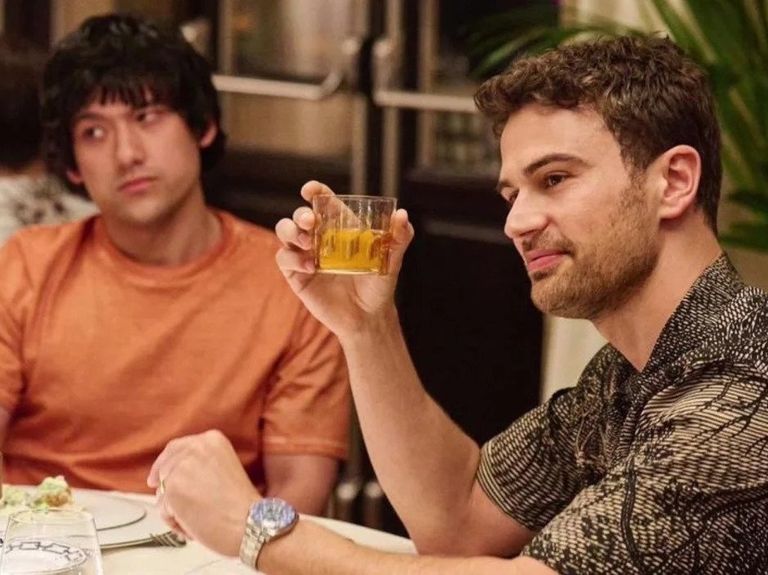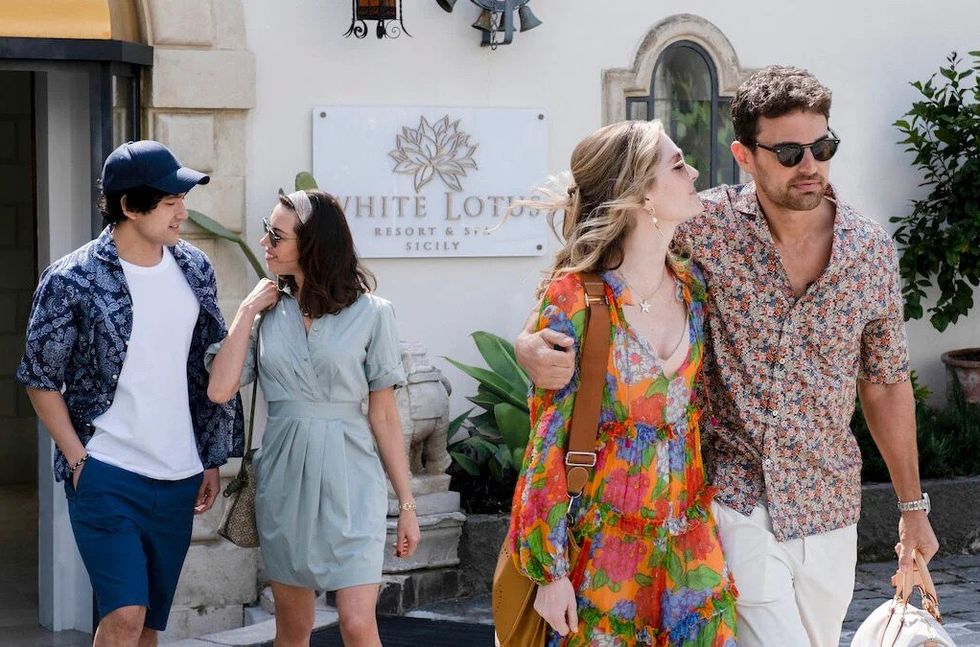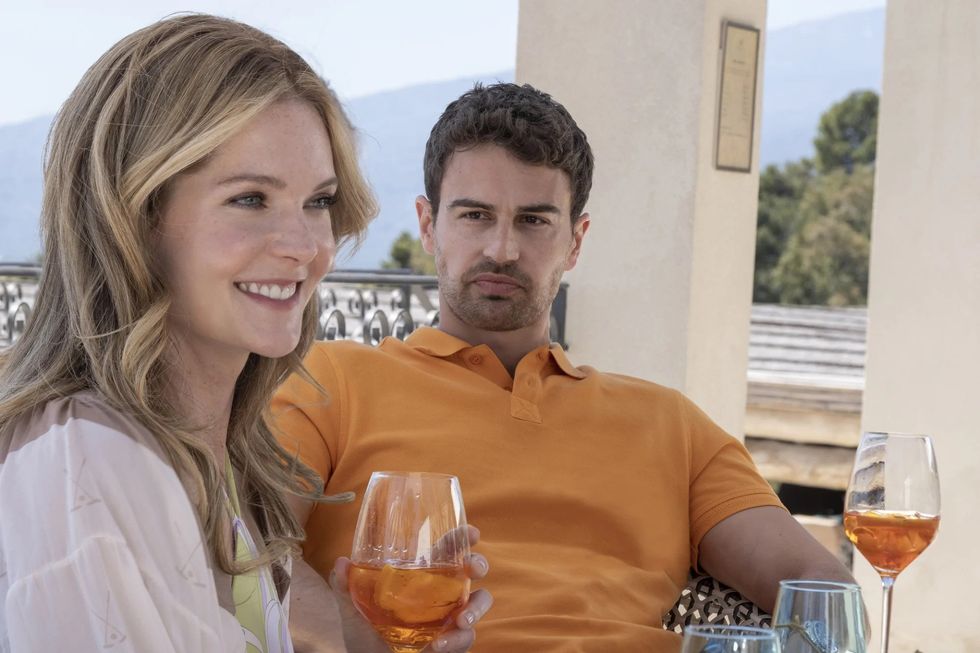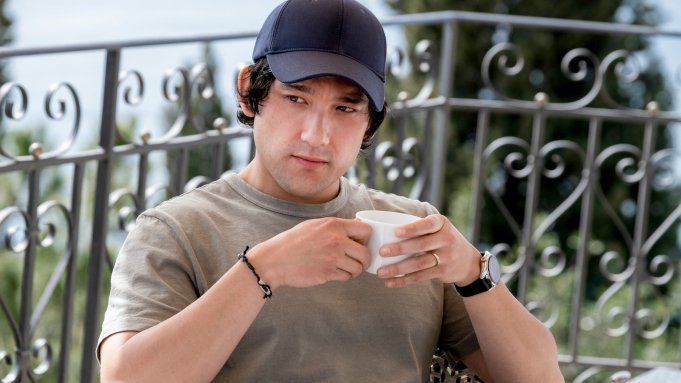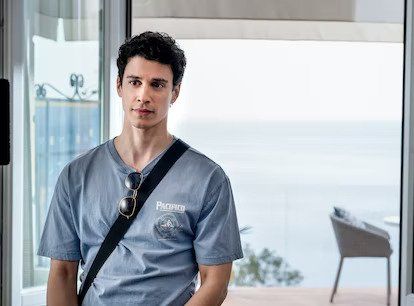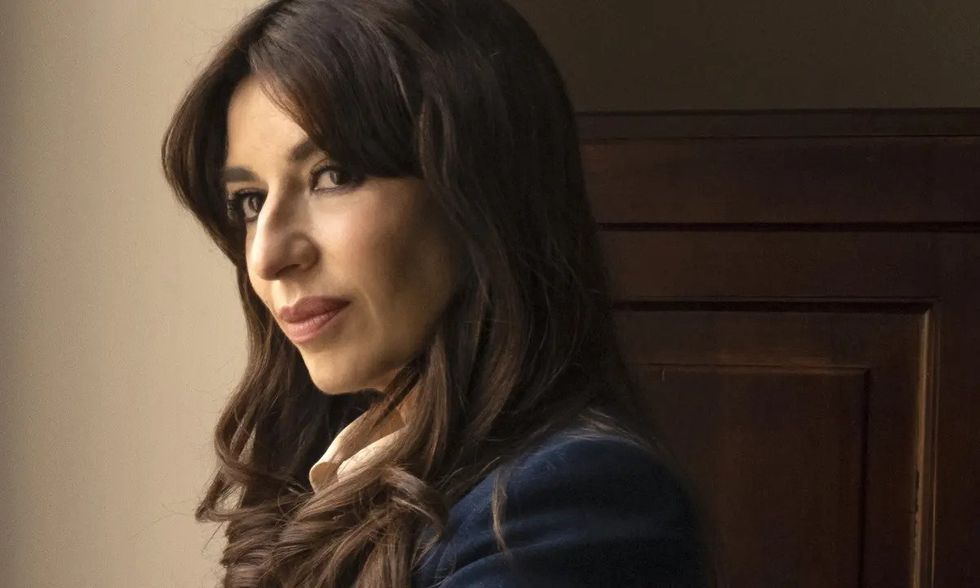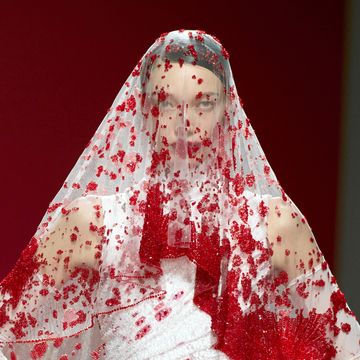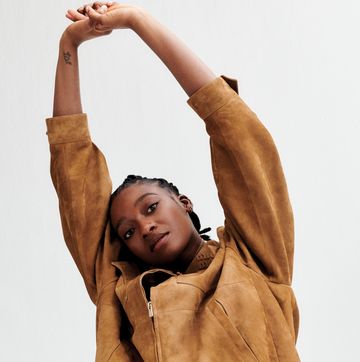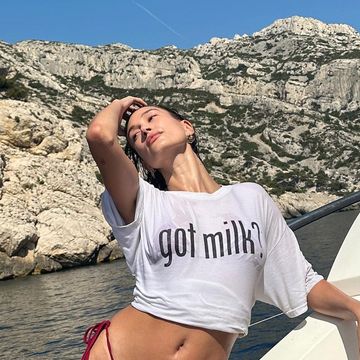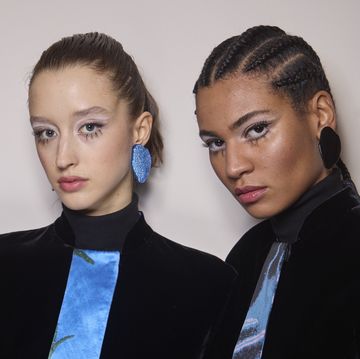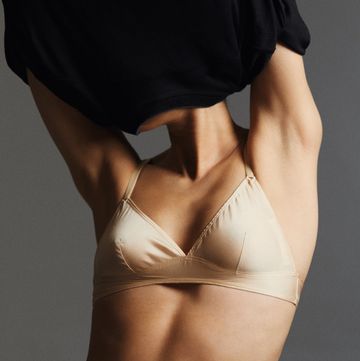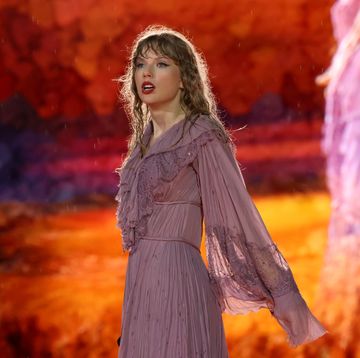Please, don’t let it be Tanya. Heading into the gripping finale of season two and the unveiling of the body in the ocean, my main feeling is one of not being ready to let go of Jennifer Coolidge’s vile-rich-white-woman character. (Ironic, since Tanya really wasn’t ready to, and shouldn’t have, let go of that yacht railing.) Yes, she’s vulgar, she’s disgustingly rich, she let Belinda down at the end of season one, and she’s mean to her assistant Portia, but she’s somehow the most likeable character of The White Lotus, despite being the least relatable.
Perhaps this lack of relatability is what appeals about Tanya. The other female characters are so well-constructed throughout the series that at least one of their layers resonates. Daphne (played by the luminous Meghann Fahy) seems, at first glance, to be the most basic character of the series, a problem-free beautiful rich wife, with two babies being looked after at home while she vacations with her hot husband. Her willingness to look the other way while Cameron (Theo James) plays away, hints at a lack of depth for her feeling (and her personality). But she graduates from commentary about losing baby weight early in the series to hitting us with the most insightful moments of the saga, telling Harper: ‘Do whatever you have to do not to feel like a victim.’ (The fact that in her case, this means an affair with a personal trainer, is neither here nor there.)
From Harper (played by Aubrey Plaza) we learn the cost of the moral high ground, and the dangers of social superiority. Pride comes before a fall, and Harper takes quite the crash down to earth as her relationship with Ethan crumbles, (though their relationship was arguably already quite crumbly when they arrived in Italy). It is only by stepping into the role that she most despises, that of a liar, that she is able to stop living a life motivated by fear. Throughout series two we also witness the slow realisation from Harper that her husband is not entirely dissimilar from his old college mate, whom they both despise.
Portia (Haley Lu Richardson) is the least likeable of the female characters in season two. This is because Portia is me. She doesn’t belong in the fancy hotel with the rich people, but she is trying to fit in and overcompensating by wearing mad clothes and drinking too much champagne, while attempting to figure out what the hell she is doing with her life. She knows she should probably date Albie (although she is wrong about this too, more on that later) but instead she finds the biggest man-mess in Italy and almost gets herself killed following him all over Palermo.
And so on to the men of The White Lotus season two, and the misogyny at the heart of the plot. We have all dated a Jack (Leo Woodall), your stereotypical bad boy, a walking red flag that you refuse to look directly at because the thrill of dating them is a distraction from your real life. However, you soon realise those weren’t butterflies, that was anxiety, and he isn’t just a bad boy he is a bad man, and you really should have taken your heels off and run full-speed in the other direction as soon as the first bar of 'I’m Forever Blowing Bubbles' left his lips. His misogyny is the least dangerous because it is explicit. And if you didn’t notice it, the ‘cowabunga’ tattoo on his neck should have put you off just as rapidly.
And what of the college buddies, Cameron and Ethan (Will Sharpe)? Again the obvious misogyny of Cameron is the least insidious here. Yes, he treats women appallingly, he cheats on his wife relentlessly and appears to have little to no interest in his own children, but the morally superior Ethan is by far the more interesting depiction of the modern misogynist. The injustice of being punished by Harper for something he didn’t do, and her eventual revenge, leads to the explosive show-down between the two men in the sea and the revelation that ultimately, Ethan believes that he owns Harper. Man take my woman, me punch man. Not so sophisticated, after all.
But no study of misogyny on the show is more effective than the trio of Di Grasso men, holidaying alone because of Dominic’s infidelities, which have led the women of the family to elect to stay behind. Here again we must consider whose brand of misogyny is the most palatable, grandfather Bert (F. Murray Abraham), whose every cringe-worthy interaction with a female is loaded with overt objectification, or Dominic (Michael Imperioli), who is grappling with a ‘sex addiction’ and anxious to win back his wife, though not anxious enough to turn down the two beautiful sex workers (Mia and Lucia) who he pre-pays for a week of work.
Albie (Adam DiMarco), then, this season’s ‘good guy’, a foppish Stanford graduate, must be the antidote? He ridicules constructed masculinity with his take-down of The Godfather as a depiction of ‘a fantasy about a time when [men] could go out and solve all their problems with violence, sleep with every woman, and then come home to their wife who doesn’t ask them any questions’. He describes gender as a ‘construct’ in conversation with Portia (modern day dirty talk) and diligently asks for consent (after-the-fact) for a kiss by the pool. But his misogyny is there, if you look for it carefully. In the way he describes his type as ‘pretty, wounded birds’, leans on the ‘nice guys finish last’ trope, attempts to reclaim ownership of Portia when her head is turned by Jack and, ultimately, tries to buy Lucia’s love.
Show creator Mike White’s Di Grasso men masterfully depict three generations of misogyny, subtly rebranded but ultimately still in sync, just like their heads, as they follow a pretty girl in the airport during the finale's closing montage.
And what about the gays? While undeniably the most fun to party with, it turns out that Tanya is sadly mistaken when she thought ‘if you’re looking for a friend, gay guys are really the best.’ Her fast friends were not only laughing at her behind her back at the opera, they were in fact plotting to have her murdered for a slice of her fortune, which, by all accounts, they were planning to spend on ceramics and fresco restoration. Misogyny level: off the charts. Knowing this, would I still be charmed by (Tom Hallander’s) Quentin onto a yacht? Yes, yes I would.
The series’ only winners then, are the Italian women, the locals who, in contrast to series one, come out on top. It might be indicative of my lonely, queer heart, but the most beautiful moment of season two plays out with Valentina’s quivering lip on her birthday, as she realises her unrequited love is engaged to a man. Completely redeemed from her character’s harsh beginnings, the softer Valentina (Sabrina Impacciatore) is rescued by Mia (Beatrice Grannò), who utilises her sexual appeal with whoever she can to fulfil her ambition of landing her dream job as a singer at The White Lotus hotel. Her partner Lucia (Simona Tabasco) is the series’ other winner, walking away with €50,000 of the Di Grasso’s money, after pulling off the ultimate con.
Perhaps White’s message, then, is not in the dangers of misogyny, but that ultimately female sexuality, particularly when weaponised against misogynists, trumps any other currency of power. But avoid falling into the trap of believing this, and let Tanya be your reminder of why. Her power in this department gone, Tanya became disposable to the men in her life, but never gave up on hoping for love. This beautiful hope, her unwavering naivety, is not only what makes her the most likeable character on the show, but it is ultimately what kills her.
It was, undeniably, one of the most enjoyable TV shows of the year. But as Tanya said: ‘Women are depressing, it’s not their fault, they have a lot to be depressed about.’ Perhaps she is the most relatable, after all.
